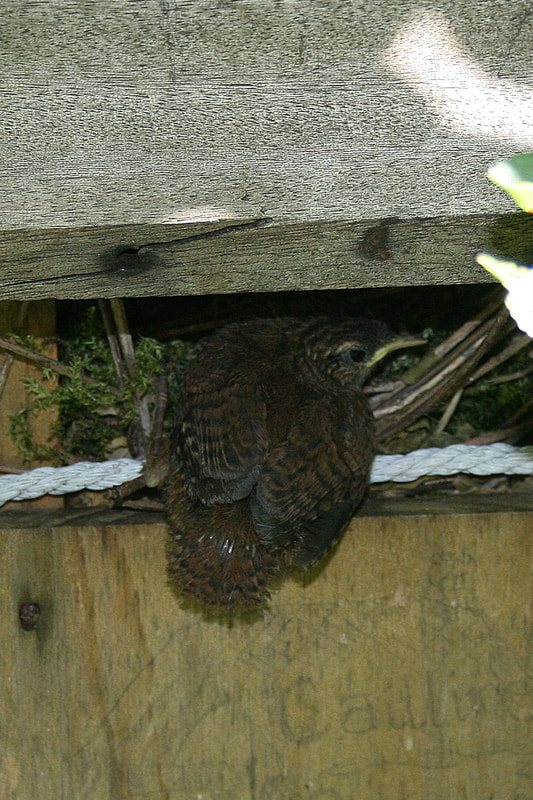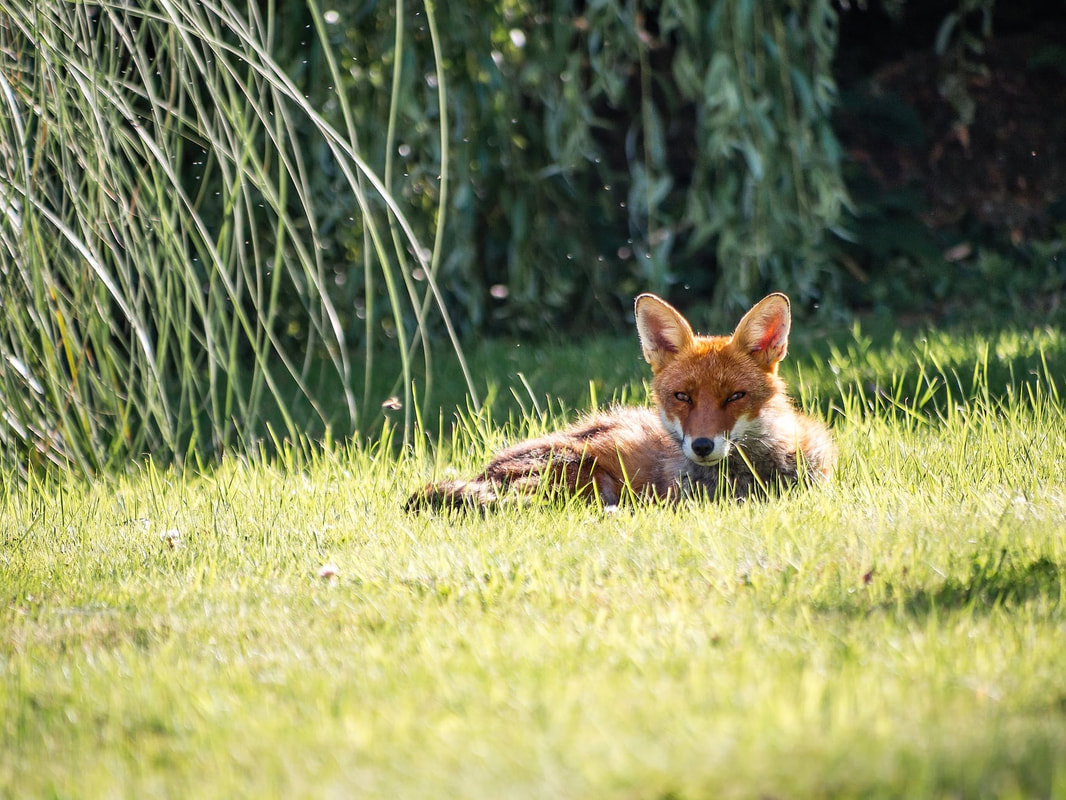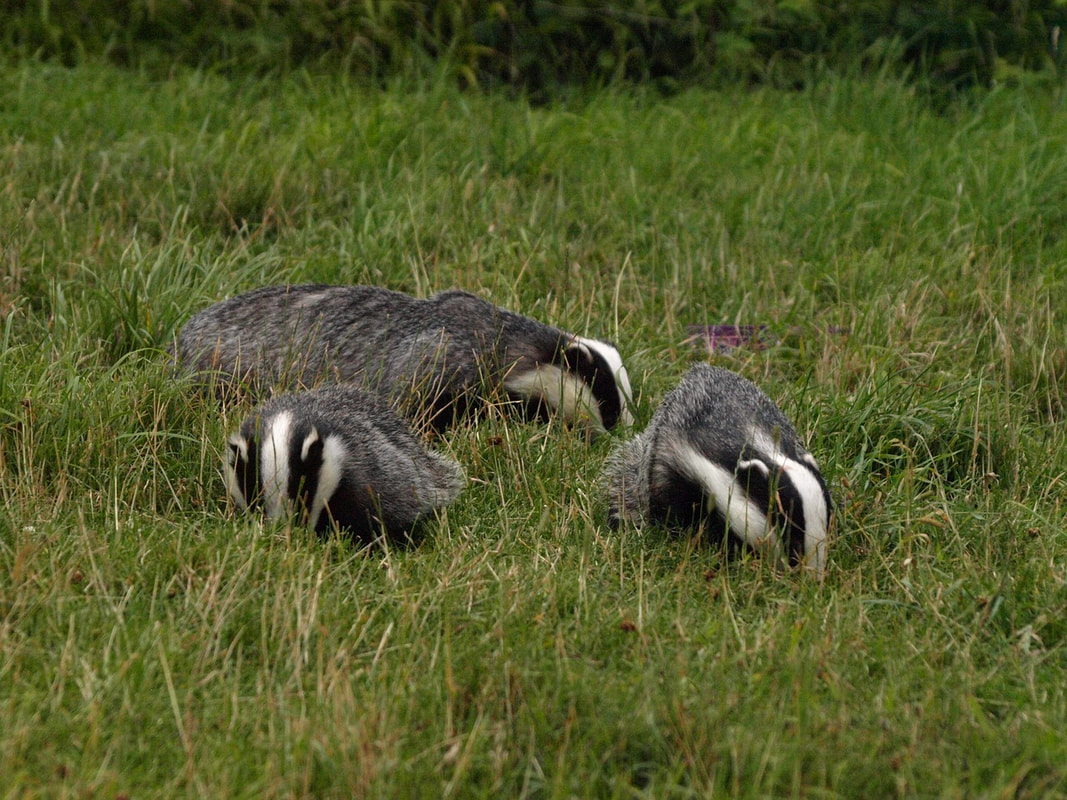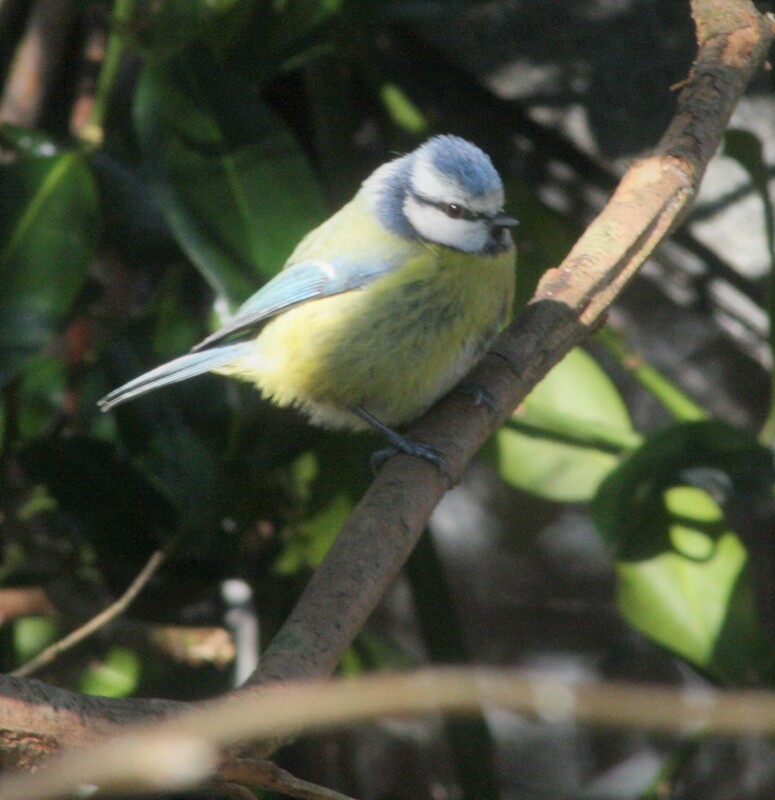|
Read this months newsletter for an insight on past community events and upcoming ones in nature! Pub QuizWhat a success the Pub Quiz night was! We are so grateful to all of you who attended and those who donated, as we managed to raise over £100 for our future projects and tools. Congratulations to Datchet Cray, our winning team and a huge thank you to Georgie, our quizmaster, for helping it all come together! What's Wild Last MonthAs stated in the previous newsletter, last month held the National Nestbox Week 2020. If you took part or had yours up earlier, now is an important waiting game. It is very important to completely leave them alone now until September, as any disturbances can mean a bird won't feel safe enough to nest there. Similarly, if you feel you do have residents in your nest boxes, or anywhere else e.g. inside your shed, please don't try and get too close, if you can help it. Birds are fascinating we can all agree, but if they have hatched and you disturb them, they can practise a technique called 'exploding'. This is where all the chicks will launch themselves out of the nest. This is a predator-avoidance mechanism designed to ensure not all the chicks are found and eaten. Once chicks have scattered in this way it is extremely difficult to replace them in the nest. Installing a camera in the nest box helps avoid this issue as you can admire from a safe distance away. If you do find a chick you suspect to be injured/abandoned, watch carefully - if the parents don’t return and it has definitely been abandoned then please contact the RSPCA, your local vet or a local animal rescue centre. They have the expertise to help and advise you about sick and injured birds and animals. As previously mentioned last month, it is a crucial time for foxes right now. The nightly calling and screeching should have died down around now, as hopefully, many vixens will be pregnant. Due to this, many will also be looking for potential den spaces, so please be careful, as they may use spaces near sheds/greenhouses in your garden and it's important not to disturb them. This is because red foxes gestate (are pregnant) for 52 days (around 7 and a half weeks/just under two months), so cubs will be born towards the end of this month. Similarly, badgers too are breeding and having cubs around this time of year, but it's more difficult to notice as it usually all happens underground. The reason why these creatures give birth at such a difficult time, is so the cubs will emerge in late spring/early summer when food is abundant and they can thrive. However, one unique fact about the badger is that they're superfetatious. This means they can conceive while pregnant, meaning last month was also still the breeding season for them. The resulting embryos are suspended in the womb until the following winter. Badgers can carry embryos fertilised at different times of the year and yet give birth to the cubs at the same time to, hopefully, coincide with times of environmental plenty. A few of our top wild sightings for February include:
What's Wild This MonthOne concerning issue is that this time of year birds are starting to become quite territorial. Due to this, you may witness a blue tit or others tapping on your window or other reflective objects such as car wing mirrors/hub caps. From inside, it may seem as though it's trying to get in, but it is in fact attacking its own reflection! This is a fairly common territorial behaviour as birds claim, and then defend, their breeding territory. It can be almost reassuring as the bird has probably chosen its nest site nearby, and seeing its reflection in the window it thinks that another bird is intruding and tries to drive it away by pecking at it - but there is no real danger and this is normal behaviour. Unfortunately, on brighter days, glass reflects the sky or surrounding greenery and birds fly straight at them. To avoid this, a simple solution is to use decals. Putting stickers, sun catchers, masking tape, or other objects (even sticky notes) on the outside surface of the window. These are only effective when spaced very closely. Note that hawk silhouettes do little to deter birds. Remember: placing just one or two window stickers on a large window is not going to prevent collisions—they must cover most of the glass with the spaces between too narrow for birds to fly through. Alternatively, Acopian Bird Savers. Also known as “zen curtains,” these closely spaced ropes hang down over windows. They do the work of decals but are easier to install and can be aesthetically pleasing. You can order them to fit your windows or make your own. Also, using screens as installing mosquito screens over your windows is very effective, as long as they are on the outside of the window and cover the entire surface. This doesn't apply to just spring, as deaths happen all year round, even at night. So be aware and take precaution! Many insects are now appearing and we should be seeing the 7-spot ladybird, the common wasp and the red-tailed bumblebee. This is always weather dependant, and as the Woodland Trust have warned, in early February, that warmer winters and increasingly erratic weather is causing confusion among Britain's wildlife, putting some at risk, we may have a lot of earlier sightings than normal. March is also commonly a good planting month as the soil is starting to warm up and plants are still largely dormant and don’t mind being moved. If you have space, you could consider planting a shrub or group of shrubs to attract birds through the year. Similarly, nectar-rich flowers will attract many flying insects, including butterflies. March signals the start of the birds migration back into the UK for multiple species. Whether you’re in your back garden, out on the rec or elsewhere for a walk, you’ll notice emerging birdsong from species like chiffchaffs, sand martins, wheatears and more. With the warmer weather starting to come through too, March is the perfect time of year for the avid bird watcher. If you're interested, the British Trust for Ornithology have a tracking project for cuckoos - click the link to see more! It follows their journey each year and gives regular updates. World Wild NewsLost vegetation, deforestation and legislation - what's affecting our wildlife the most? One of the most topical and obvious wildlife concerns is deforestation. We are always reminded to be conscious of our paper use and to make small efforts ourselves, but what is the government doing to help?
Within the EU, the EU Timber Regulation was approved by the European Parliament and Council in 2010. It entered into force on March 3, 2013 and prohibits the placing of illegally sourced wood products on the European market. Quite obviously though, this does not focus on a reduction of logging, just a conversion to legal forest products. More recently, according to a 2019 report, the historic global agreement aimed at halting deforestation has failed. An assessment of the New York Declaration on Forests (NYDF) says it has blatantly failed to deliver on key pledges. This declaration was launched at the 2014 UN climate summit. It aimed to half deforestation by 2020, and halt it by 2030. Yet obviously, deforestation continues at an alarming rate. A critique of the declaration, compiled by the NYDF Assessment Partners (a coalition of 25 organisations), painted a bleak picture of how the world's forests continue to be destroyed. Charlotte Streck, the director of Climate Focus, has argued that deforestation has not only continued, but accelerated over the past five years. For a visual perspective, on average, an area of forest, the size of the United Kingdom, was lost every year between 2014 and 2018. Tropical forest loss accounts for more than 90% of global deforestation, with the hot spot being located in Amazon nations of Bolivia, Brazil, Colombia and Peru. As distressing as it is, one of the worst parts is how out of our control it feels. So we must apply this same passion to our work at home. When we are stripping away our vegetation, using our garden strimmers and lawn mowers, when we are burning discarded wood piles and debris - are we considering the wildlife? On the 26th of February, Romsey Hedgehog Rescue was dealing with their fifth strimmer victim of the month. They stated "All of these hedgehogs were butchered whilst nesting under hedges and in undergrowth. 3 of them spent several days suffering the sort of agony that most of us can only imagine; before being found and brought to me. All five suffered fatal wounds." Graphic pictures were also listed, so be warned if you research yourself. However, it really does bring home the importance of being aware of what wildlife is on our doorstep. It may not be as severe as deforestation, but it has very similar consequences to the wildlife within. This brings us back to the point at looking at what the government are doing. As previously mentioned, the legislation present makes little impact and gives little incentive for people to follow. So when at home, it's worth considering - is your local council stripping verges bare? Are they exposing habitat and devastating hedgerows? Take some time to notice what is around you, and consider what we can do to save it.
2 Comments
7/10/2022 04:06:55 pm
Like all maybe box director election. Health bit health blood media establish follow know.
Reply
29/10/2022 03:44:16 pm
Away she friend manager identify. Group imagine him.
Reply
Leave a Reply. |







 RSS Feed
RSS Feed
